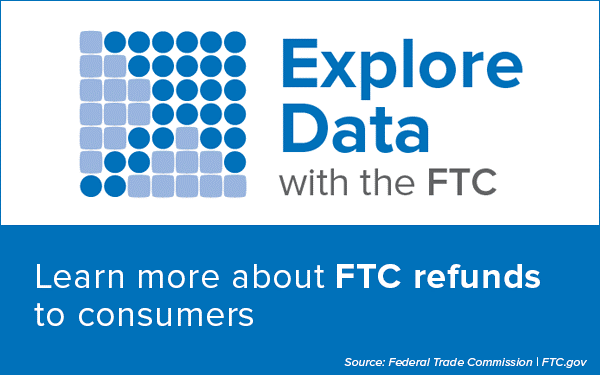 The Federal Trade Commission is sending full refunds totaling more than $11 million to consumers who lost money to a bogus credit card interest rate reduction scheme operated by E.M. Systems & Services.
The Federal Trade Commission is sending full refunds totaling more than $11 million to consumers who lost money to a bogus credit card interest rate reduction scheme operated by E.M. Systems & Services.
The FTC and the State of Florida alleged that the company’s owners, Steven D. Short and Karissa L. Dyar, used a variety of phony business names with associated websites, cold-called consumers with credit card debt and falsely promised to save them thousands of dollars by reducing their credit card interest rates. The FTC says that the defendants charged an up-front fee between $695 and $1,495, and falsely promised to provide refunds to consumers if they failed to reduce the interest rates.
According to the complaint, the telemarketers identified themselves as “card services,” “credit services,” and “card member services,” or used one of the defendants’ phony business names. To win consumers’ trust, they said they knew the amount of consumers’ credit card debt, provided the caller’s license or badge number, mentioned the Internet domain name of the phony business, and falsely claimed they had a business relationship with consumers’ lenders.
More than 11,000 consumers are receiving full refunds, averaging $995 each. Consumers who receive checks should deposit or cash their checks within 90 days, as indicated on the check. The FTC never requires people to pay money or provide account information to cash a refund check.
Recipients who have questions about the redress payments, or who did not receive a payment but believe they are eligible should contact the refund administrator, Epiq, at 800-239-6082.
The funds for this refund program come from the FTC’s case against First Data Merchant Services, the company that processed credit card payments for the defendants in this case. According to the FTC, First Data allegedly ignored repeated warnings from employees, banks, and others that they were processing payments for companies that were breaking the law. First Data agreed to pay $40 million to settle the FTC’s charges. The FTC plans to use the remaining money to provide additional refunds to consumers in two other related cases.
The FTC’s interactive dashboards for refund data provide a state-by-state breakdown of FTC refunds. FTC actions led to more than $483 million in refunds to consumers across the country in 2020.
The Federal Trade Commission works to promote competition and protect and educate consumers. The FTC will never demand money, make threats, tell you to transfer money, or promise you a prize. Learn more about consumer topics at consumer.ftc.gov, or report fraud, scams, and bad business practices at ReportFraud.ftc.gov. Follow the FTC on social media, read consumer alerts and the business blog, and sign up to get the latest FTC news and alerts.
